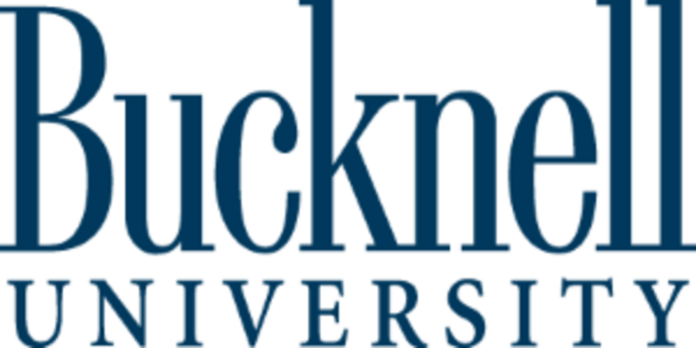Bucknell has officially launched MANUAL, a mental health and wellness app designed to provide support and resources to young men. Spearheaded by Lars Kikoski, a senior philosophy major and former president of Bucknell’s Interfraternity Council (IFC), the initiative aims to create an accessible and private platform for fraternity members and other male-identifying students seeking guidance on mental health, personal finance, fitness and substance abuse, among other concerns.
Kikoski first discovered MANUAL after attending a talk at Bucknell by social psychologist Richard Reeves. “I was really struck by Richard Reeves’ talk,” Kikoski shared. “He discussed the struggles affecting young men today, particularly in relation to mental health and college enrollment.” Intrigued by Reeves’ work, Kikoski later learned that he had partnered with MANUAL, a platform dedicated to supporting young men’s well-being.
What followed was an unexpected turn of events. “A couple of weeks later, I received a message on LinkedIn from the founder of the app. He probably saw my role as IFC president on my profile and reached out. After learning more about the platform and its impact at other universities, I knew I wanted to explore it further. It felt like a great opportunity to bring something meaningful to Bucknell.”
This initial interest turned into a months-long effort to bring MANUAL to Bucknell’s campus. Kikoski worked closely with administrators, including Nellie Forker in the Fraternity and Sorority Affairs (FSA) office, to ensure the app aligned with Bucknell’s values and student needs.
“We spent a lot of time in meetings and getting feedback from offices on campus,” Kikoski shared. “The process took about four to five months, but I’m really glad it came together and that we got the support we needed from the administration.” Since its official launch last week, MANUAL has already garnered positive feedback from students.
Kikoski highlighted that one of the app’s most valuable attributes is the private, one-on-one communication options with professional counselors. “The one-on-one communication with counselors is by far the standout feature,” Kikoski said. “It’s a way to talk about things that might be difficult to share with friends or chapter members and I think it’ll make a big difference for many people. It’s also incredibly accessible, students can open the app and start a private conversation with a coach simply by clicking a button.”




















